According to the Program of the 9th Session of the 15th National Assembly, the Law on Teachers will be considered and approved at this session.

Teachers and students of Phan Van Tri Primary School, District 1, HCMC (Photo: Nam Anh).
One of the new points compared to the previous draft is the regulation on summer vacation for teachers. While in the previous drafts, the summer vacation was set at "a maximum of 8 weeks", in this draft submitted to the National Assembly, this regulation has been changed in an open manner.
Specifically, Clause 3, Article 18 on teachers' working regime in the old version stipulates: "The maximum annual summer vacation for teachers is 8 weeks and is arranged appropriately for teachers of each grade level, training level and type of educational institution".
In the final version being submitted to the National Assembly, this provision has been changed.
The National Assembly Standing Committee said it had accepted and directed the revision of regulations on teachers' summer vacations in a more open and clear direction regarding teachers' rights to summer vacations and other holidays. In Clause 3, Article 18, teachers' annual summer vacations are arranged appropriately according to each grade level, training level and type of educational institution as prescribed by the Government.
Thus, the rigid regulation of "maximum 8 weeks" no longer appears in the draft Law submitted to the National Assembly.
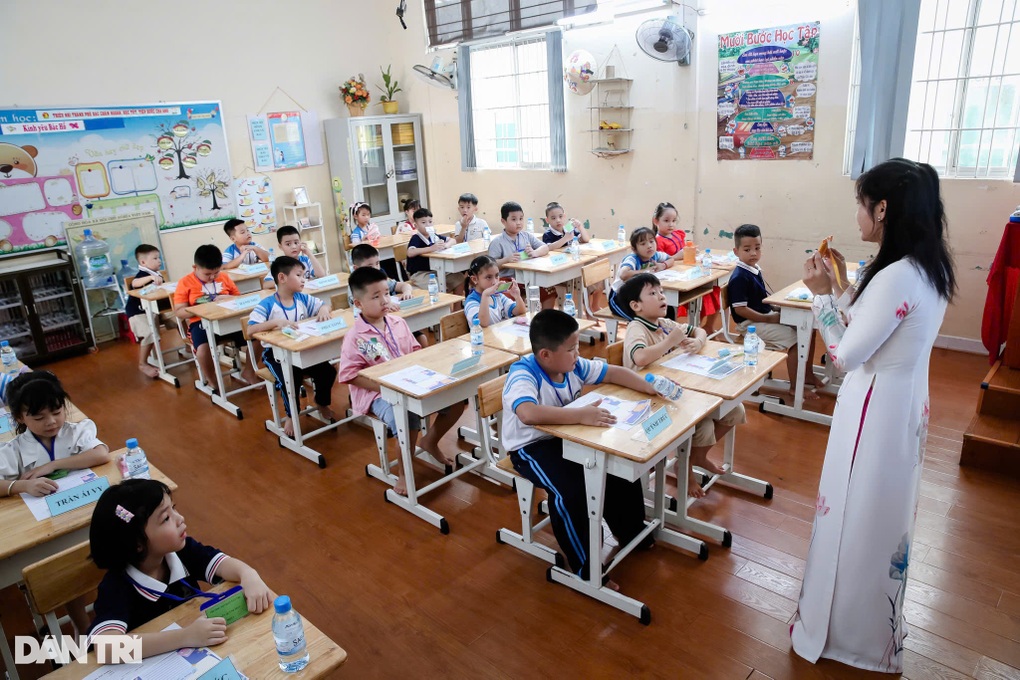
An elementary school class in Ho Chi Minh City (Photo: Nam Anh).
Currently, teachers' summer vacation is implemented according to Circular No. 05/2025/TT-BGDDT issued by the Ministry of Education and Training, effective on April 22.
This Circular stipulates that the annual summer vacation for teachers of preschools, general education institutions, and specialized schools is 8 weeks, including annual leave.
Secondary and college teachers get 6 weeks off, while university lecturers take leave according to the regulations of each school.
The fact that the Law on Teachers no longer has rigid regulations on the maximum summer vacation time is considered by many to be a suitable step forward, creating more flexibility for adjusting this vacation time.
Instead of the fixed number of "8 weeks", the new regulation opens up the possibility of adjustment to better suit the characteristics of each level of education, region, and even actual situations such as epidemics, natural disasters or other special factors.
Many educators believe that this change reflects a listening and understanding of the specific characteristics of each level of education. For example, preschool, elementary, and special education teachers may have different requirements than middle school, high school, or university teachers in terms of the time needed to rest and recharge after a school year.
The new regulation is also expected to help educational institutions be more proactive in arranging summer vacation schedules that both ensure teachers' rights and are consistent with the school year plan and other activities.
The removal of the eight-week “barrier” could allow for longer vacations at appropriate times or more flexible adjustments in special situations.
The draft Law on Teachers, which is being considered and approved by the National Assembly this time, consists of 9 chapters and 45 articles, focusing on important aspects such as professional activities, rights and obligations of teachers; titles and professional standards of teachers; recruitment and use of teachers; salary and remuneration policies for teachers; training, fostering and international cooperation for teachers; honoring, rewarding and handling violations of teachers; and teacher management.
The policies in the draft Law proposed by the Government and approved by the National Assembly include: Identification of teachers; standards and titles of teachers; recruitment, use and working regime of teachers; training, fostering, treatment and honoring of teachers; State management of teachers.
These policies aim to concretize the Party's guiding viewpoint: "Developing education and training is the top national policy, teachers play a decisive role in the quality of education"; create a favorable legal environment to develop, standardize and improve the quality of teachers; ensure equality between public and non-public teachers in terms of quality and professional activities; remove obstacles and difficulties in the practice of teacher management...
These major policies are expected to concretize the Party's guiding viewpoints on education development, create a favorable legal environment for teachers, and remove obstacles in management practices.
Source: https://dantri.com.vn/giao-duc/doi-moi-quy-dinh-nghi-he-cua-giao-vien-xe-rao-cung-8-tuan-20250509074114673.htm




![[Photo] Buddha's Birthday 2025: Honoring the message of love, wisdom, and tolerance](https://vphoto.vietnam.vn/thumb/1200x675/vietnam/resource/IMAGE/2025/5/12/8cd2a70beb264374b41fc5d36add6c3d)



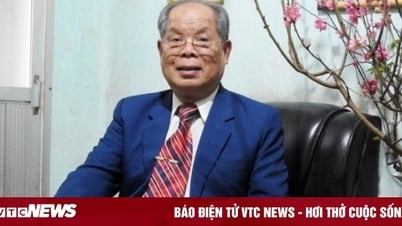

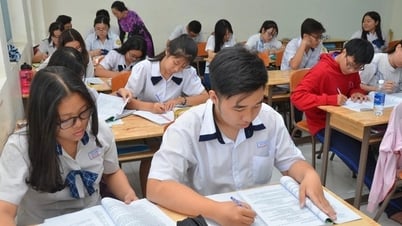







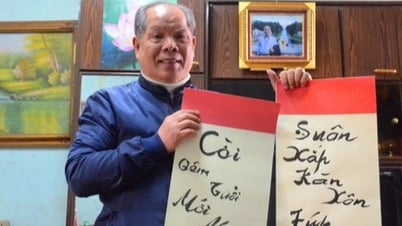



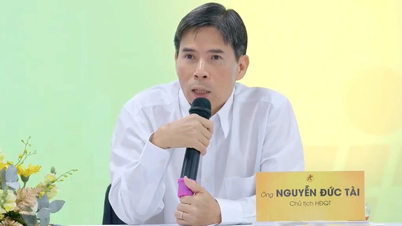

![[Photo] General Secretary To Lam meets and expresses gratitude to Vietnam's Belarusian friends](https://vphoto.vietnam.vn/thumb/1200x675/vietnam/resource/IMAGE/2025/5/11/c515ee2054c54a87aa8a7cb520f2fa6e)
![[Photo] General Secretary To Lam arrives in Minsk, begins state visit to Belarus](https://vphoto.vietnam.vn/thumb/1200x675/vietnam/resource/IMAGE/2025/5/11/76602f587468437f8b5b7104495f444d)












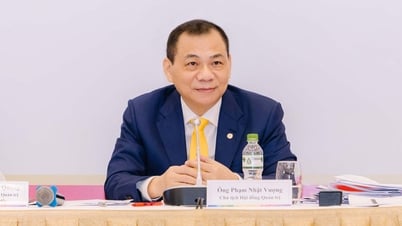







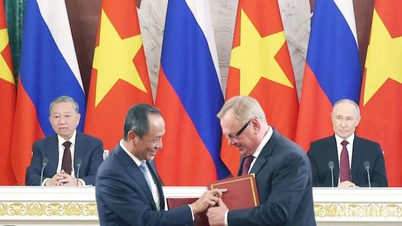



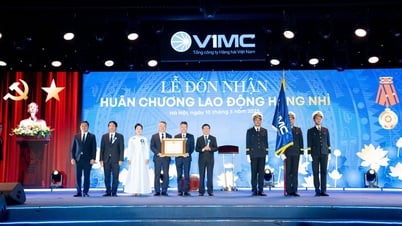


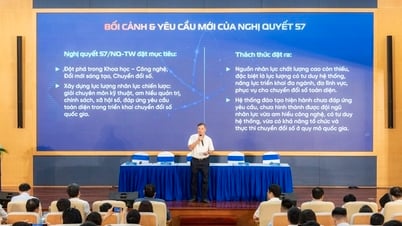



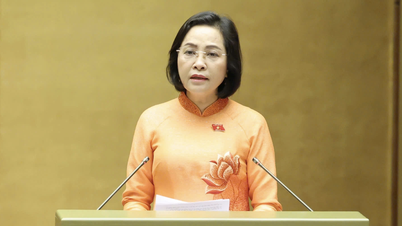


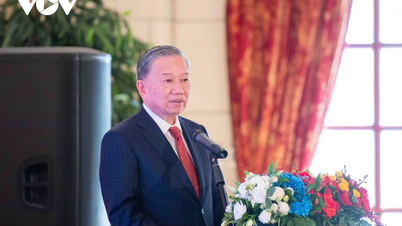

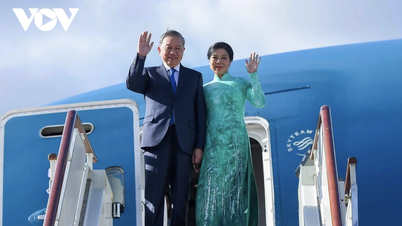
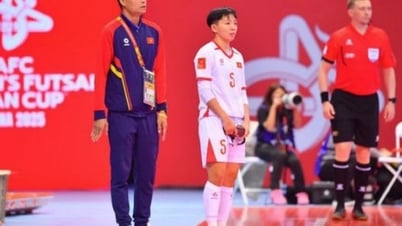







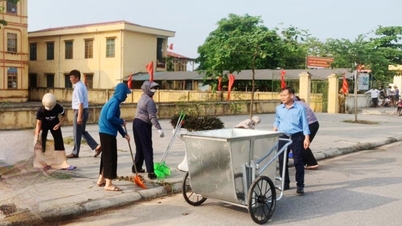




















Comment (0)